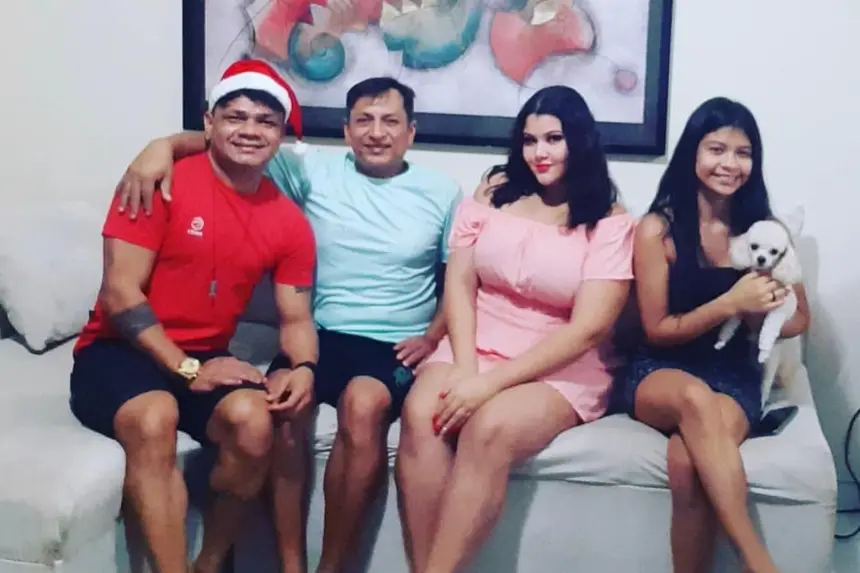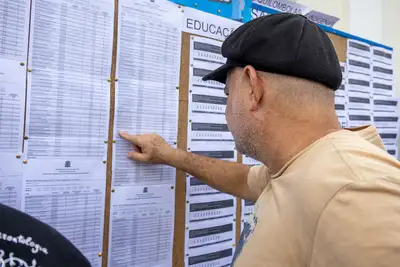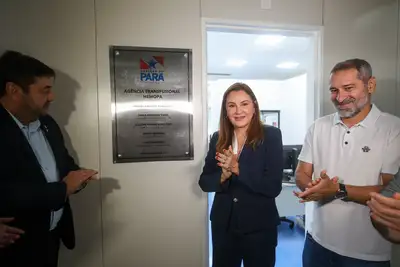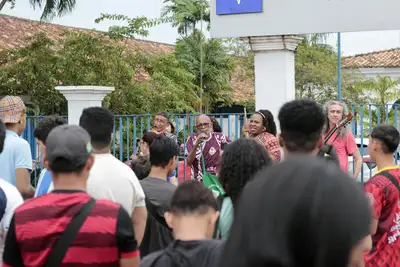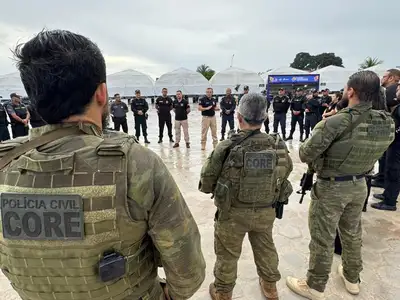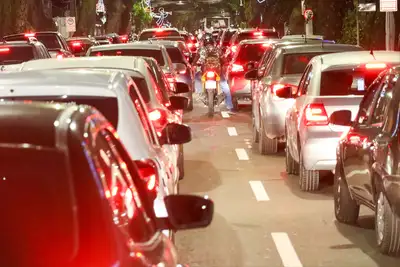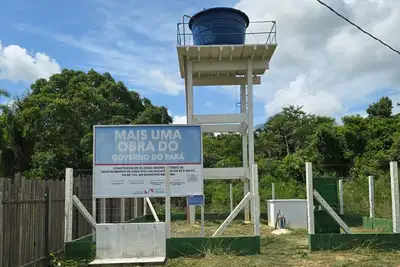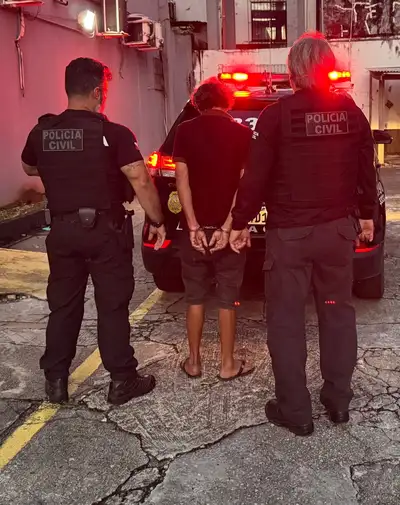Father's Day: love, care, and diversity build families in Pará
The government of Pará reinforces its commitment to valuing diverse families and combating prejudice against the LGBTQIAPN+ community
University professor, father, grandfather, and homosexual. This is Mesaque Silva Correia. Married for 26 years to fellow university professor Edmar Souza das Neves, he considers being a father a personal achievement. For Mesaque, adoption is an act of love and mutual acceptance.
The couple's firstborn was adopted at 6 months. Today, at 23 years old, she is a Physical Education student and the mother of a 4-year-old girl. The second daughter was adopted when she was one year old. Currently 21, she studies Psychology.

Mesaque shares that there are many difficulties faced in a world full of prejudices. One of them is the understanding that a homosexual father is a father like any other, with his duties and responsibilities. “I believe that the main difficulty is making people understand that an adoptive father, with a sexual orientation different from heterosexual, is a father just like any other, and daughters and sons are also daughters and sons like any other. The difference is that we chose,” he emphasizes.
The professor believes that public policies aimed at developing awareness regarding human diversity and the various ways of being and existing can alleviate the difficulties faced by LGBTQIAPN+ individuals. “We need social inclusion policies where children and young people from diverse social conditions and sexual orientations can share experiences and communicate their uniqueness, in addition to public policies for sports and leisure to coexist with differences. I believe that thinking about bodies in various spaces is also a way to reduce difficulties,” says Mesaque Correia.
Inclusion and qualification - This Father's Day, the government of Pará, through the State Secretariat for Racial Equality and Human Rights (Seirdh), reinforces activities and actions aimed at combating prejudice and qualifying LGBTQIAPN+ individuals.
One of Seirdh's initiatives, through the Coordination of Sexual Diversity and Gender (CDSG), is the Literacy in Sexual Education and Gender project, which aims to qualify the service and reception of state employees. “It is a project aimed at understanding what the acronym LGBTQIAPN+ means, what sexual orientation and gender identity mean, and also ways of approach, reception, the legislation directed towards this population, and how agencies can utilize and need the legislation as a basis, understanding, including, LGBTphobia itself as a crime,” explains Gabriela Borja, the coordinator of CDSG at Seirdh.
Seirdh is also responsible, in Pará, for Empodera+ (Dignified Work, Education, and Income Generation Program for LGBTQIAPN+ Individuals). The initiative is part of the National Strategy for Dignified Work, Education, and Income Generation for LGBTQIA+ Individuals, developed through a Technical Cooperation Agreement with the Ministry of Human Rights and Citizenship (MDHC). The "Empodera+" consists of a public social policy that includes the preparation and occupation of the LGBTQIA+ community in the job market, aiming for the autonomy of the target audience.
Listening and debate - On June 27 and 28, Seirdh, in partnership with the State Council for Sexual Diversity (Ceds), held the 5th State Conference on the Rights of LGBTQIAPN+ Individuals. The event was an important space for listening, debate, and the construction of effective public policies for the community, and a preparatory stage for the 4th National Conference, which will be held in Brasília (DF) in October.
Additionally, the State Council for Sexual Diversity (Ceds), established by State Decree No. 3,831/2024, is linked to Seirdh. As a consultative and deliberative body, the Council strengthens participatory democracy, ensuring that the demands of the LGBTQIAPN+ community are heard and addressed by the public authorities. The Council's work is essential to combat discrimination, promote equality of rights, and ensure the social inclusion of this population.
The head of Seirdh, Edilza Fontes, explains that the structure of Ceds also allows for articulation with the government and civil society, aiming to strengthen partnerships and actions for the protection and promotion of citizenship. “Moreover, the role of Ceds is strategic for monitoring and overseeing public policies, ensuring that the State fulfills its responsibility to guarantee rights and implement affirmative actions, seeking to build a more just, equal, and inclusive society, where diversity is respected,” reiterates the secretary.


